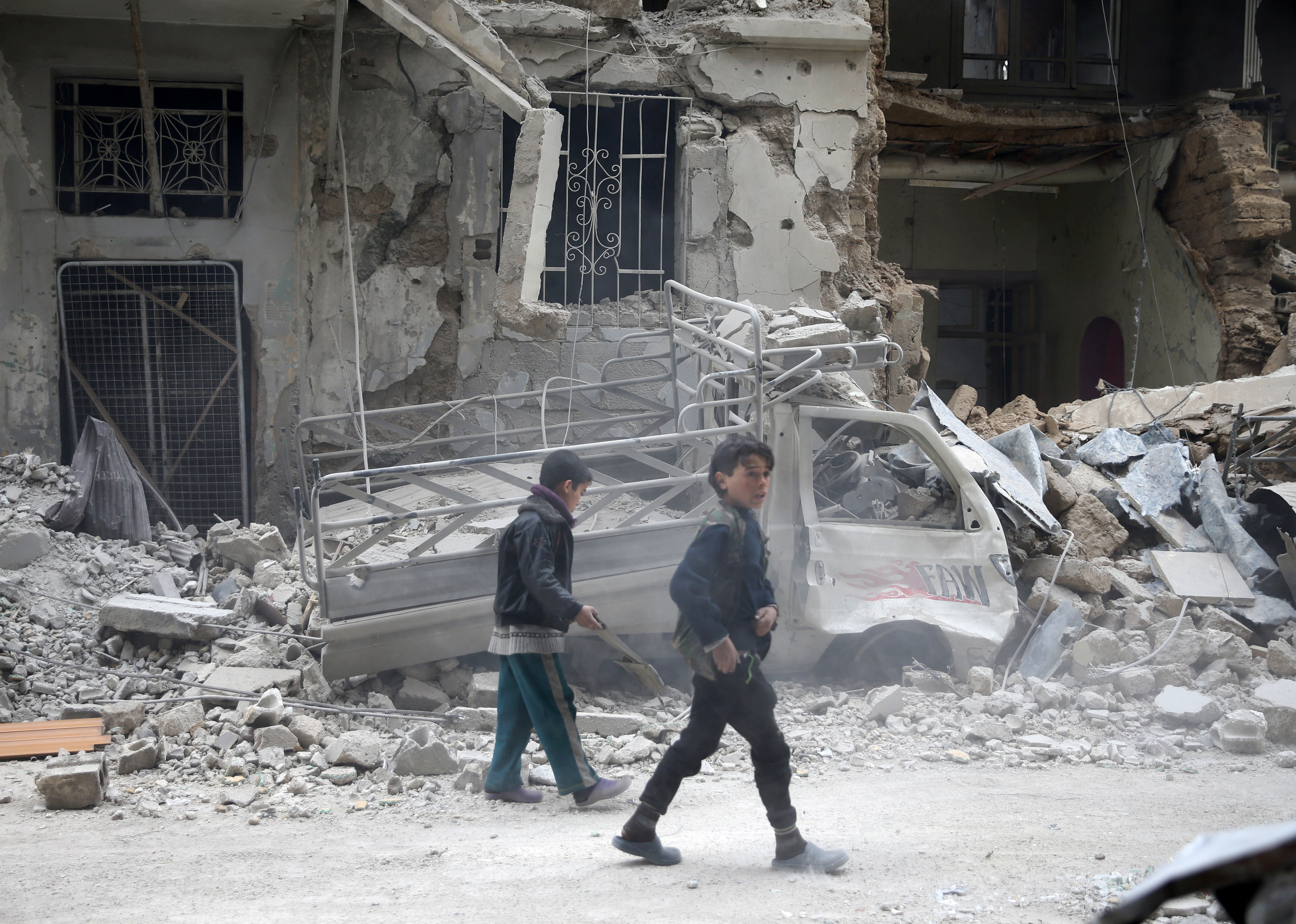
As of June 2023, there are over 400,000 internally displaced people in Niger as well as 300,000 refugees and asylum seekers.Niger is one of the world’s poorest countries with more than 10 million people (over 40% of the population) living in extreme poverty - but it’s also the world’s youngest with 49% of the population currently under 15.We urge all parties to adhere to international humanitarian law and guarantee the protection of civilians, as well as safe, continuous, and unhindered access to the most vulnerable populations.” States and sanctioning bodies must prevent further adverse effects on civilians by including humanitarian exemptions to any existing and future sanctions regimes. “There is still time to avoid a military confrontation and find a peaceful resolution. Now, an estimated 1.4 million people are exposed to additional risks such as youth enrolment into armed groups, child labour, and underage marriage. The ensuing sanctions and suspensions of development aid are expected to have a dramatic impact on living conditions for a population already under heavy strain. Already prior to the coup, one in six people needed humanitarian assistance. Niger has the youngest and one of the poorest populations on Earth. “We cannot overstate the impact on civilians, both in terms of humanitarian and protection needs, when military imperatives take precedence over civilian governance. We are particularly worried about the fallout of any conflict on refugees coming from ECOWAS countries, and about new forced displacements an armed escalation could prompt. In this volatile context, there are very serious risks of further destabilisation for both the country and the wider region.

“We are deeply concerned about the spiralling situation in Niger, a country that already faces two large-scale humanitarian crises in the Central Sahel and the Lake Chad basin.


 0 kommentar(er)
0 kommentar(er)
